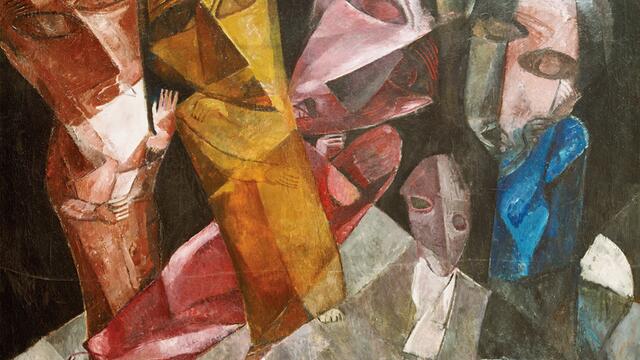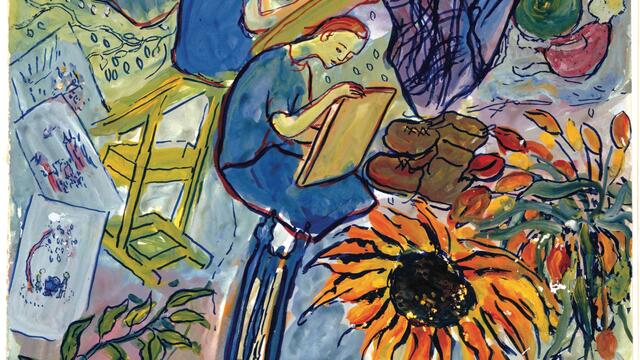
About Posen Library
The Posen Library aims to facilitate a holistic representation of Jewish life that includes a multiplicity of voices. It contains writings and images from a variety of religious perspectives, political persuasions, and genders and helps to make new connections to the past, present, and future. Sources translated into English include fiction, nonfiction, memoirs, poems, and religious and political writing, as well as art, photography, architecture, and more.
Read Our Story & Goals

Print Volumes
The Posen Library was originally conceived in the late 1990s as a ten-volume print anthology, curated by leading Jewish Studies scholars and published by Yale University Press. Print volumes now available cover ancient Israel’s beginning (Volume 1) and 1500 through 2005 (Volumes 5–10).

The Posen Library team of staff and advisors are dedicated to curating and expanding this vast collection of text and image sources. They work together to ensure a complete and robust project that is both current and ongoing.
Meet Our Team

Explore the Posen Library and delve into the rich tapestry of Jewish history, right at your fingertips. Sign up for updates on the addition of sources & how to use the Posen Library.

